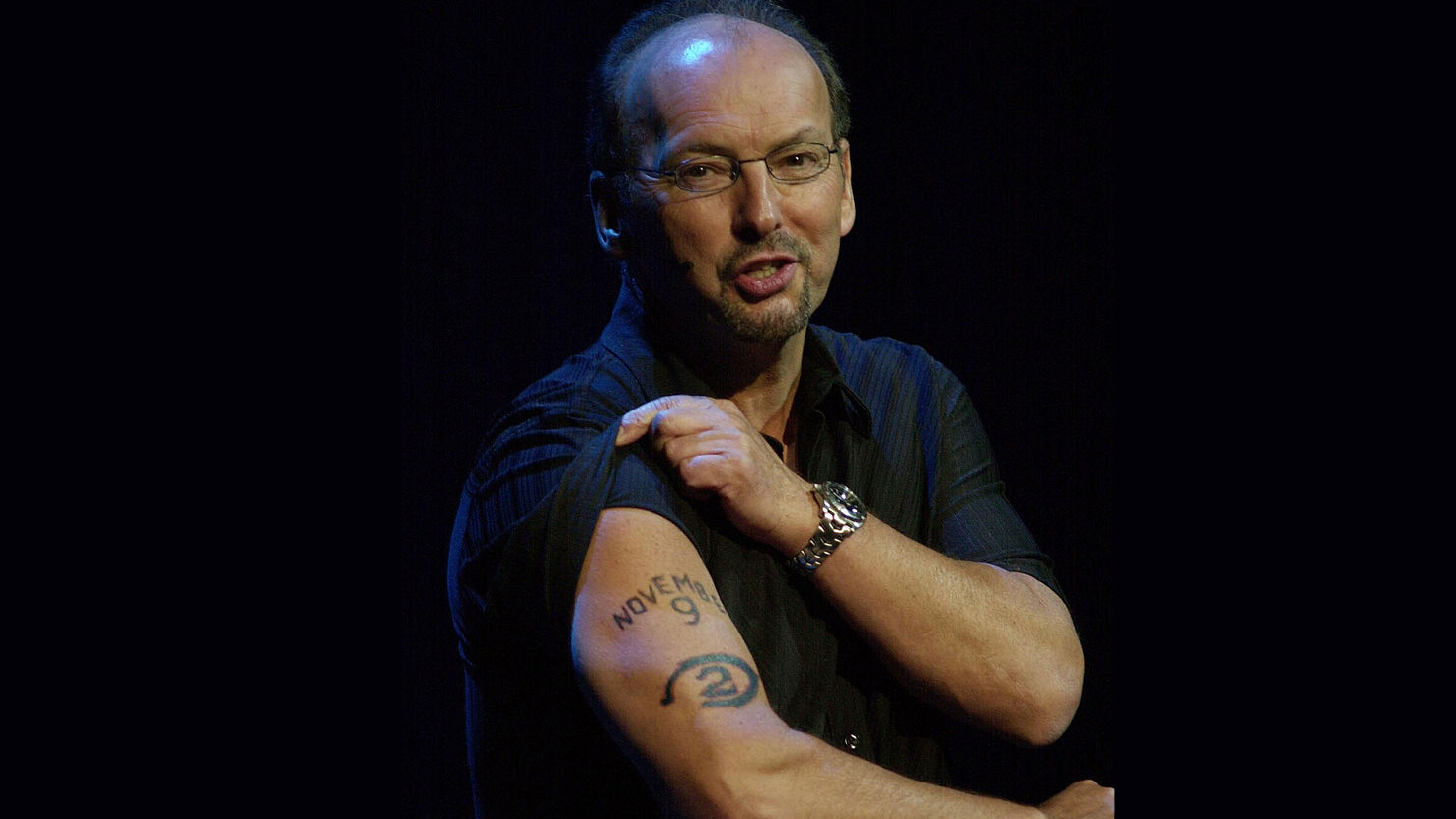Former Xbox boss Peter Moore says Gen Z may reject new consoles in favor of smartphones and PCs
"Why do I need to spend four or 500 bucks on a bespoke piece of gaming hardware when I've got my smartphone, or I got my PC or my Mac?"

Have we reached the "last console generation"? Former Xbox boss Peter Moore doesn't claim to know for sure, but he thinks it's a question that current Xbox head Phil Spencer must be asking, and he doesn't sound very confident that consoles in their current form will last much longer.
Moore himself was asking the same question in 2007—a couple years after the Xbox 360 released—he said in a recent interview with IGN. Back then, Microsoft was wondering whether TVs would start to "come with chips that can play games," said Moore, or if a PC gaming renaissance was afoot (it was), and whether or not a new console generation was worth "hemorrhaging" cash to get into people's homes on the hope that game sales and Xbox Live subscriptions made up for it.
Microsoft obviously didn't stop making new Xboxes, but a lot has changed since then. Moore's observations on the habits of today's gamers are pretty typical—the kids these days want "snack-size stuff" like TikTok videos, he theorized, or they want to "gorge" on the limitless well of streaming TV, and single-purpose devices are old-fashioned—but he did characterize the past decade-and-a-half in a way I hadn't heard before: Entertainment has moved from the living room to the bedroom, said Moore, with the gaming audience leaving communal TV screens in favor of smartphones and PCs.
"And what are we doing? Well, we're not in the living room anymore," said Moore. "We're back in the bedroom with our YouTube influencers, our TikTok creators, and it's about content on demand … Gen Z is coming through and they're going, 'Why do I need to spend four or 500 bucks on a bespoke piece of gaming hardware when I've got my smartphone, or I got my PC or my Mac, and I can do things there with a pretty decent controller?'"
When the next set of consoles release, gamers might say, "I don't need this, times are tough," said Moore, reiterating that phones and PCs offer "plenty of games to play." That's especially true now that so many former console exclusive games now release on PC.
Moore wouldn't go so far as to predict that the end is definitely nigh for consoles. Silicon Valley is full of uncertainty, he said, noting the recent barrage of tech and games industry layoffs and the development of generative AI, but he thinks that the end of consoles is "a real serious question" being asked by Microsoft and Sony, among others.
"What I'm saying is the questions are being asked, as they have been for the last 20 years," said Moore. "Are we ready to gird our loins financially for battle and all of the cost of development, silicon development? What is it that PS6 can do that PS5 can't that would make people jump from PS5, or same with Xbox, same with Switch, right? God forbid it's just incremental.
Keep up to date with the most important stories and the best deals, as picked by the PC Gamer team.
"And I think that the companies are also looking at that. What can we do to extend this life cycle? And then if you're Microsoft and you're Phil Spencer, you've got Satya Nadella coming in and saying, alright, what is the future here and how does this play into the biggest strategy of cloud with Azure, with AI? What are we doing with AI game development? How do you make your games faster, cheaper, with less people? These are all the questions I think are being asked."
For more Moore thoughts on the future of gaming, check out the full interview over at IGN.

Tyler grew up in Silicon Valley during the '80s and '90s, playing games like Zork and Arkanoid on early PCs. He was later captivated by Myst, SimCity, Civilization, Command & Conquer, all the shooters they call "boomer shooters" now, and PS1 classic Bushido Blade (that's right: he had Bleem!). Tyler joined PC Gamer in 2011, and today he's focused on the site's news coverage. His hobbies include amateur boxing and adding to his 1,200-plus hours in Rocket League.

